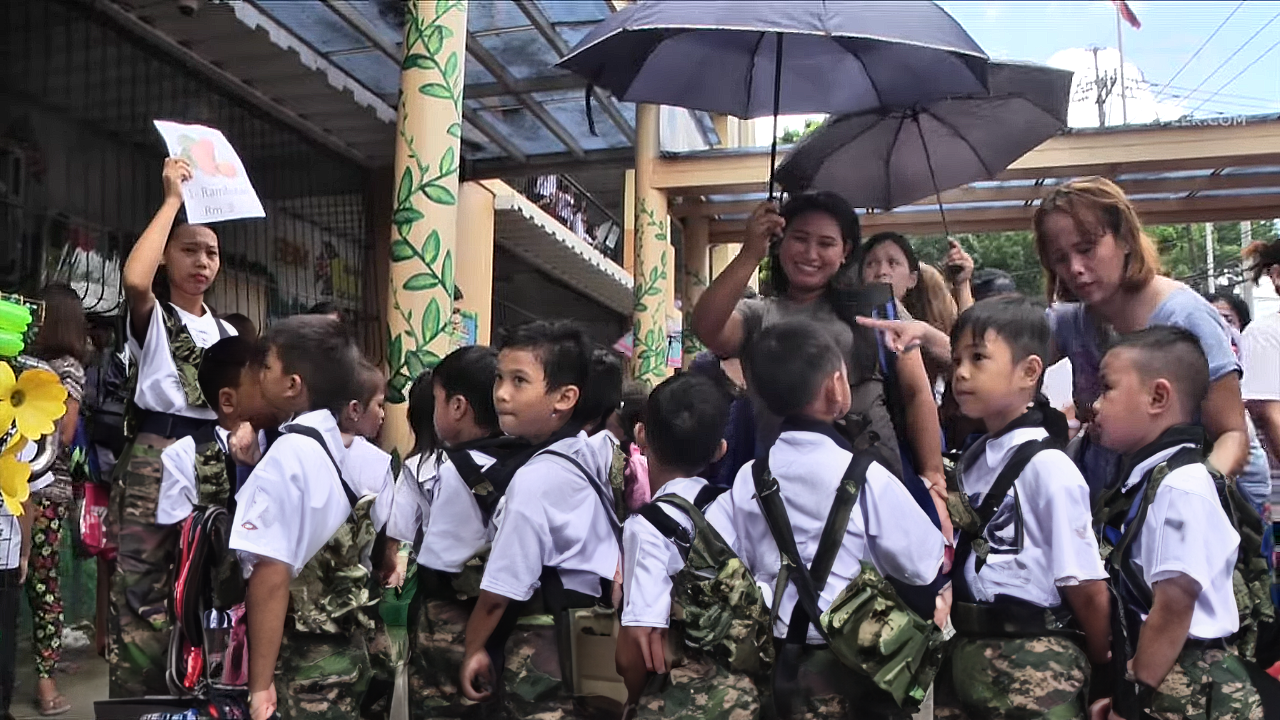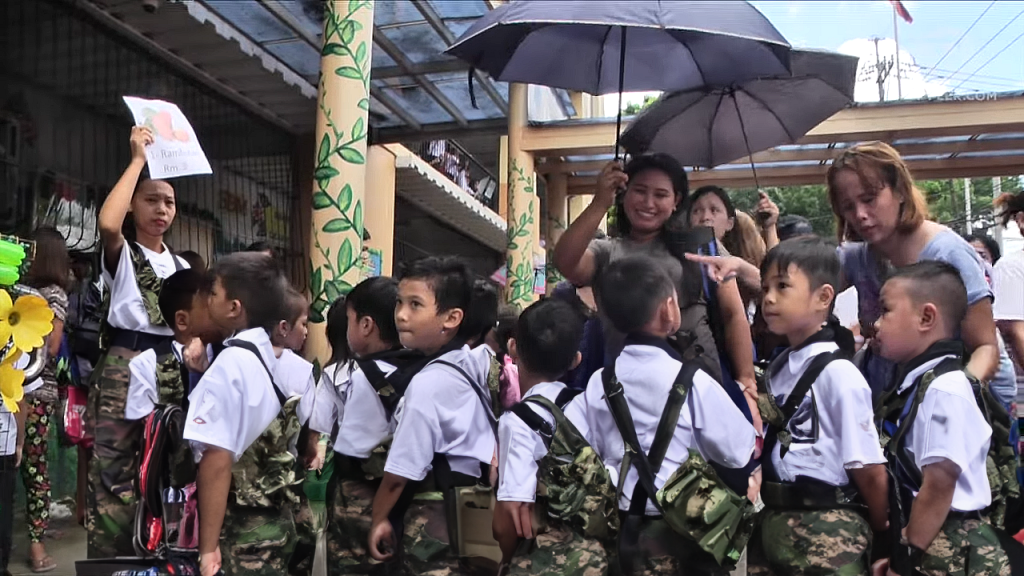Physical Address
304 North Cardinal St.
Dorchester Center, MA 02124
Physical Address
304 North Cardinal St.
Dorchester Center, MA 02124

The Department of Education (DepEd) aims to significantly improve the 2025 Programme for International Student Assessment (PISA) results. The Philippines has consistently underperformed in PISA, especially in reading literacy, mathematics, and science. Despite marginal gains in the 2022 PISA, the results remain statistically insignificant, highlighting the need for substantial reforms.

In a recent episode of The Mangahas Interviews, DepEd’s Assistant Secretary Francis Bringas acknowledged minor improvements in math and reading scores. However, he emphasized that these gains do not suffice to place the Philippines among competitive nations. This tepid progress underscores the urgency for DepEd to intensify efforts to enhance reading literacy in the Philippines.
DepEd’s senior education program specialist, Alex Sucalit Jr., has pointed out that the Philippines lags five to six years behind Organisation for Economic Co-operation and Development (OECD) countries. The Philippines ranked in the bottom ten among 81 participating countries, illustrating a dire need to revamp the educational system. DepEd must take bold steps to close this gap and foster a culture of reading literacy in the Philippines.
Looking ahead to PISA 2025, DepEd Undersecretary for Curriculum and Teaching Gina Gonong maintains realistic expectations. The new K-10 curriculum will not be fully implemented by then, suggesting that transformative impacts will likely emerge closer to 2029. By then, the goal is for the Philippines to match the performance of its Southeast Asian neighbors, such as Vietnam, Thailand, and Malaysia.
Despite these challenges, there is hope for improvement. The Philippines’ long-term strategy includes comprehensive curriculum reforms and enhancing teacher training. The government must invest in resources supporting reading literacy in the Philippines, ensuring students have access to quality educational materials and a conducive learning environment.
Vice President and Education Secretary Sara Duterte has stressed the need for a collective effort to address the country’s educational shortcomings. The lackluster 2022 PISA results serve as a wake-up call for stakeholders—government, educators, parents, and the community. Improving reading literacy in the Philippines requires a unified approach, leveraging each sector’s strengths to uplift educational standards.
Assistant Secretary Bringas echoed this sentiment, emphasizing that education is influenced by its broader environment. Therefore, societal support and engagement are crucial for achieving educational goals. The lesson from PISA is clear: the Philippines must harness collective action to create a robust educational framework prioritizing reading literacy.
To improve reading literacy in the Philippines, DepEd should implement several key initiatives. First, updating the curriculum to make it more relevant and engaging for students is essential. Second, professional development programs for teachers should focus on innovative teaching strategies that foster a love for reading. Third, increasing access to libraries and reading materials in schools, especially in rural areas, will support students in developing strong literacy skills.
Furthermore, parental involvement in children’s education must be encouraged. Parents play a critical role in nurturing a reading culture at home. Community programs promoting reading and providing parents with resources can significantly impact students’ literacy development.
The path to improving reading literacy in the Philippines is challenging but achievable with dedicated effort and strategic reforms. While the upcoming PISA 2025 might not yield dramatic results, setting a solid foundation now will ensure that future assessments reflect significant progress. The Philippines has the potential to rise in the ranks, but it requires a concerted effort from all sectors to make this vision a reality. Investing in reading literacy today will pave the way for a more educated and competitive Filipino youth globally.